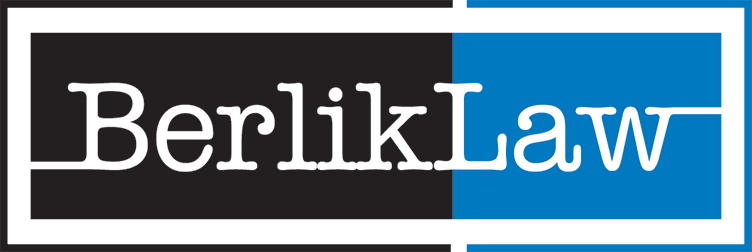Revenge Porn
Virginia is one of the states with laws on the books that criminalize “revenge porn.” It is a crime in Virginia for any person to knowingly and intentionally create any videographic or still image of any nonconsenting person if that person is totally nude, wearing only underwear, or in a state of undress so as to expose the genitals, pubic area, buttocks or female breast, assuming the images were taken in a situation where the person being photographed would have a reasonable expectation of privacy. "Deepfakes" and "upskirting" are also illegal, as is the posting online of nude photos “with the intent to coerce, harass, or intimidate.” Moreover, under Virginia Code § 8.01-40.4, victims of revenge porn can sue for compensatory damages, punitive damages, and attorney’s fees, even if the defendant has never been charged or convicted. The statute of limitations of such actions is two years and is subject to the "discovery rule."
Revenge porn (a.k.a. nonconsensual pornography or "sexual cyberharassment") can take many forms. Sometimes it begins with "sexting"--consensually exchanging explicit photos with a partner by text message. After the relationship ends, one of them decides to share the photos with friends or post them online. This is often motivated by a desire to exact "revenge" against a former partner, but the unauthorized sharing of the images will be unlawful regardless of the motive. In other situations, hidden cameras are used to obtain the photos, or hackers infiltrate cloud storage servers or the victim's phone to acquire them illegally. It doesn't matter. When every camera has a high-resolution camera built-in, the danger of a malicious or bitter ex-partner using that technology to embarrass and humiliate a victim is greater than ever.
Inevitably, when sexually explicit images are shared with others, they go viral, often getting shared with a victim's friends, family, and co-workers. While the images often result in severe harm to a victim's reputation, and can sometimes result in the loss of employment and severe emotional distress, the law of defamation is usually no help. This is because--unless the images have been "Photoshopped" or digitally manipulated--photographs don't lie. (Defamation of character requires falsity as an element of the claim). It is for this reason that Virginia's revenge-porn statute is so important to obtain relief in the courts and bring the wrongdoer to justice.
At BerlikLaw, we understand how upsetting and painful it can be when someone you once cared deeply about violates the trust that was once shared by posting intimate photos and videos online. The first thing anyone should do upon discovering that nonconsensual pornography has been uploaded to Facebook, Instagram, Twitter, or other social-media site is to report the images to the platforms themselves. Most popular social media sites have rules that prohibit pornography, threats, and bullying, so the first line of defense is to flag the content for removal. Often the content will be deleted without the need to hire a lawyer. The Cyber Civil Rights Initiative has published helpful step-by-step instructions for self-help online removal of noncensensual pornography. Revenge porn lawyer and firm founder Lee Berlik has also published a guide for revenge porn victims on his blog that you may also wish to consult.
Relief for victims is not limited to Virginia's revenge-porn statute. In appropriate circumstances, claims may also be brought for intentional infliction of emotional distress, harassment by computer, and copyright infringement. And, of course, since revenge porn is a crime, you can always call the police and seek a criminal prosecution. To speak with a revenge-porn lawyer to discuss your particular situation, please click the "Consult an Attorney" button in the top-right corner of this page.
 Reston, Virginia Cyber Crime Attorney BerlikLaw Home
Reston, Virginia Cyber Crime Attorney BerlikLaw Home





